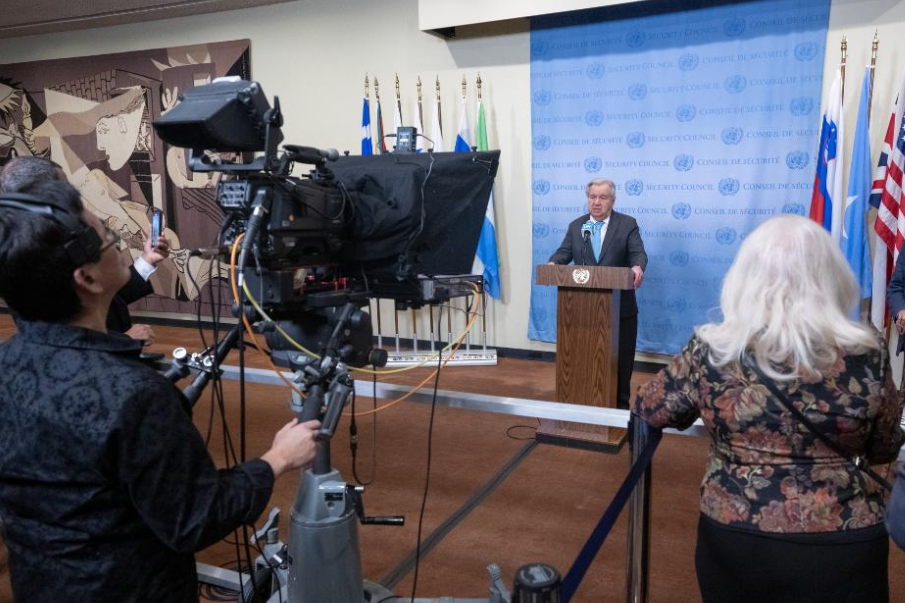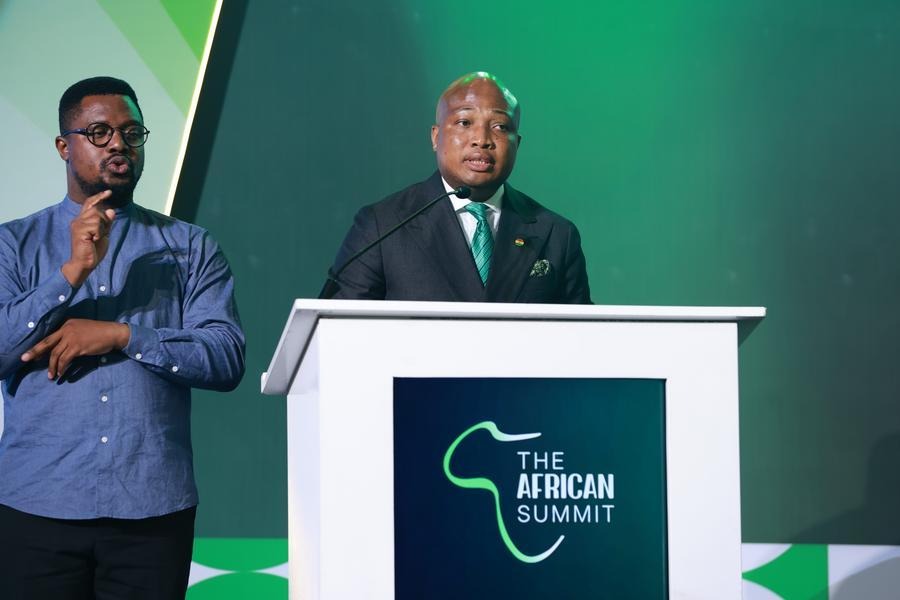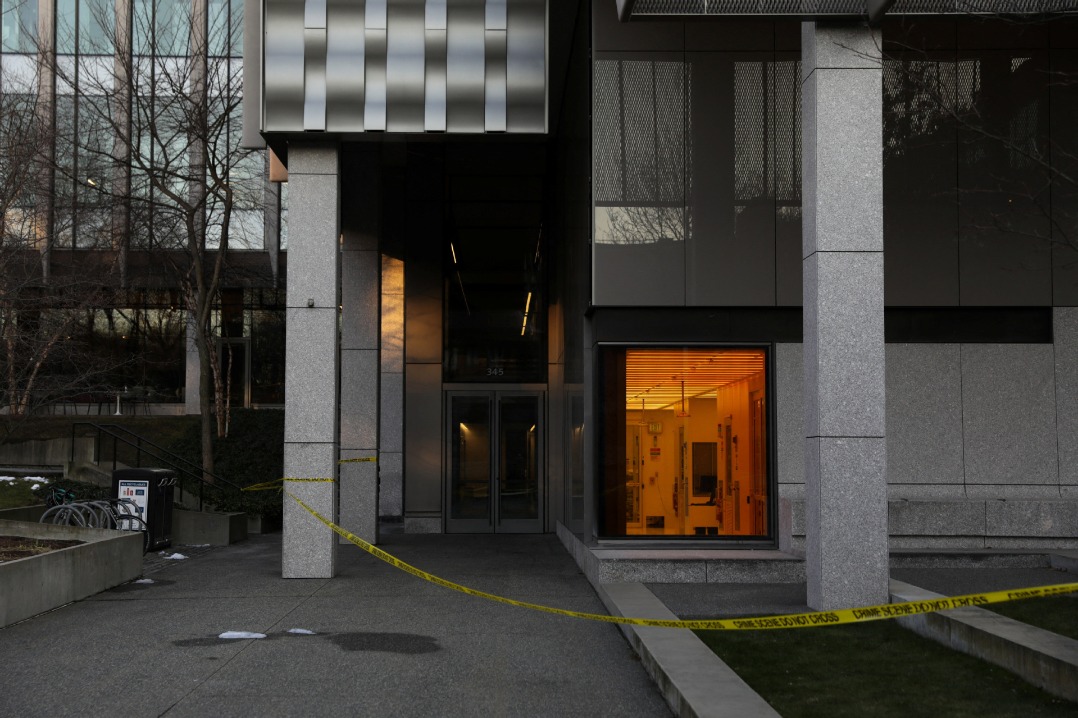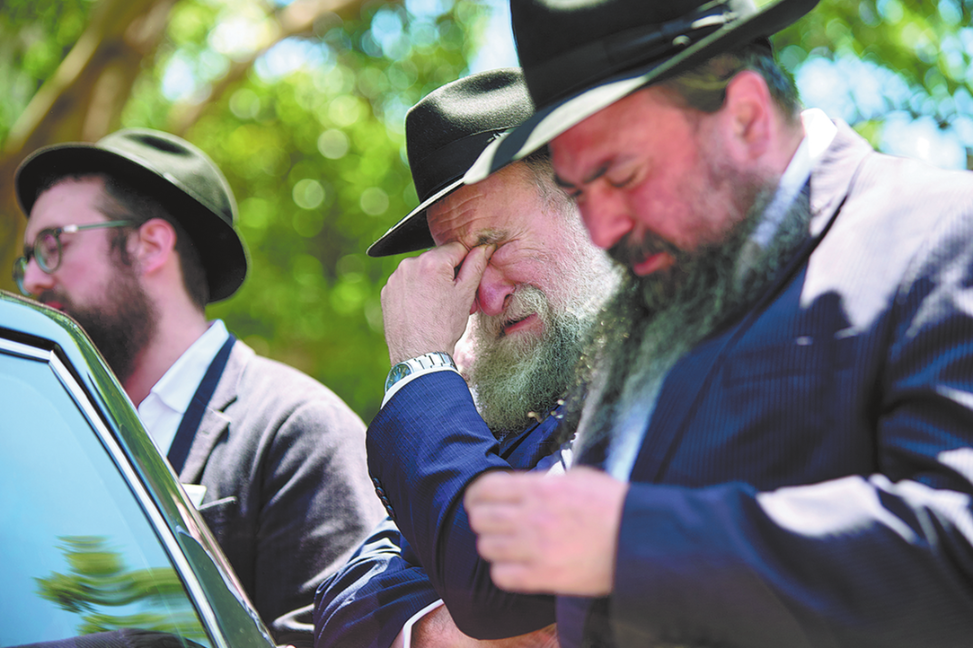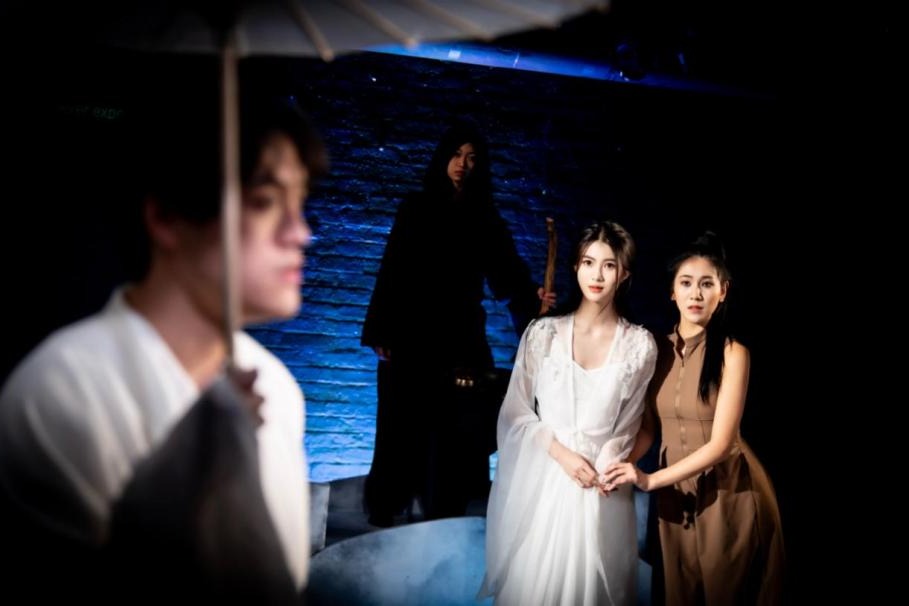Europe support for Ukraine comes at a cost
EU farmers vent anger on streets as they continue protests against soaring prices

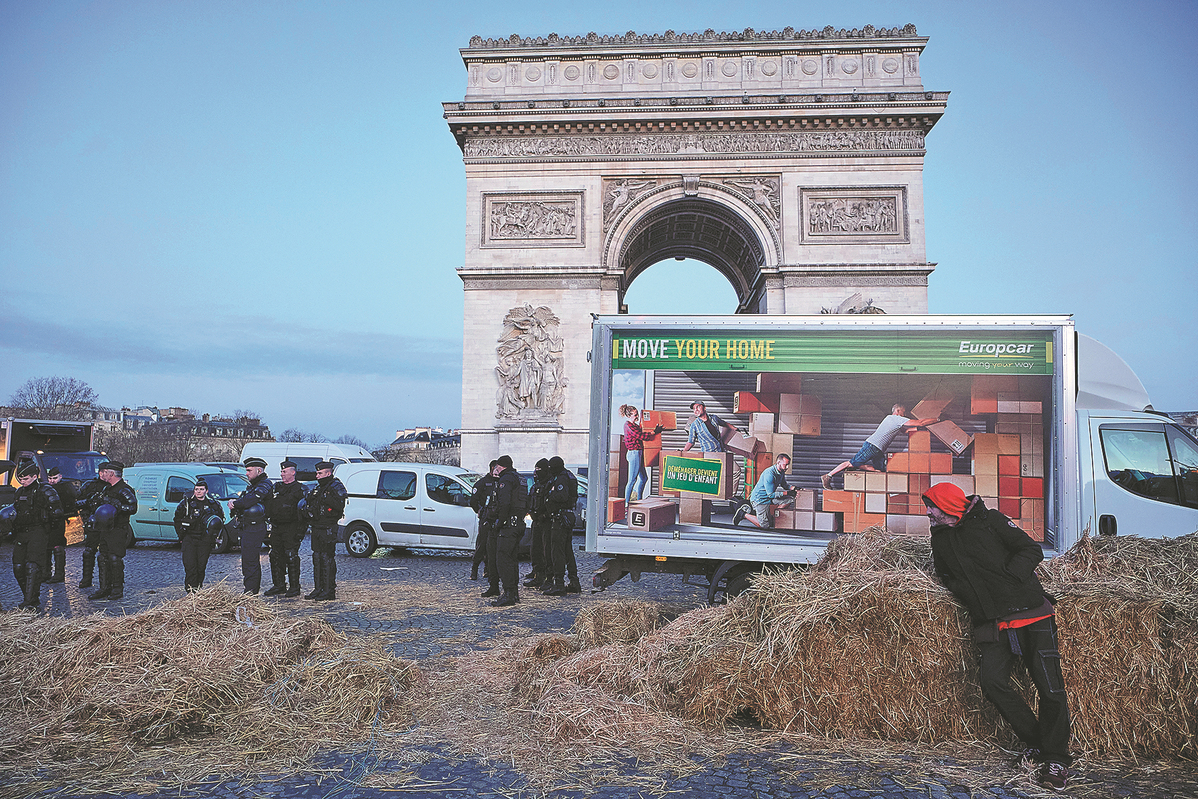
European Union countries are continuing to show resolute support for Ukraine in its conflict with Russia, but protests by farmers across the continent have shown that more people are reluctant to continue sacrificing their own interests for the cause, analysts say.
Farmers across Europe have staged protests over the past few weeks against the EU's agricultural policies and food imports from Ukraine.
On Friday, French agricultural workers encircled the Arc de Triomphe in Paris with their tractors, staging a demonstration aimed at "saving French agriculture".
Also last week thousands of farmers took to the streets in the Polish capital, Warsaw, and agricultural protesters disrupted traffic on roads in Spain close to the French border on Tuesday.
The protesters called for a retraction of the EU's Green Deal, an initiative designed to combat climate change that they argue imposes excessive costs on them.
The demonstrators also demanded that imports of Ukrainian grains and other agricultural products be stopped, saying that their substandard quality is detrimental to the food supply and poses a risk to agriculture.
In May 2022 the EU established the EU-Ukraine Solidarity Lanes to address the issue of agricultural exports. However, for logistical and other reasons most of the Ukrainian agricultural products transiting through ended up stranded in EU countries, to the cost of local farmers.
Zhao Junjie, a research fellow at the Institute of European Studies at the Chinese Academy of Social Sciences in Beijing, said that as the Russia-Ukraine conflict goes into its third year, whether to continue supporting it will become an increasing preoccupation for many.
The EU perceives Russia as a threat to Europe, and countries across the continent appear united in supporting Ukraine. Although within member countries people were once at loggerheads on matters such as aid to Ukraine and Sweden joining NATO, these differences have ultimately been resolved, Zhao said, adding, "However, ordinary people see things quite differently."
The EU has imposed sanctions on Russia over the past two years that have had a significant impact on its economy, leading to rising energy prices and high inflation, which has fed into higher living costs for ordinary people, he said.
The European Commission recently cut its forecast for EU economic growth this year from 1.3 percent to 0.9 percent.
The EU has used a lot of funds that could have been used to support economic recovery, and focus on the interests of the public, Zhao said.
For example, the EU Council recently approved 50 billion euros ($54 billion) in aid for Ukraine, and some member countries have cut subsidies for agricultural products, much to the ire of many farmers.
Moreover, the EU's transformation toward green agriculture has led to restrictions on the production of local agricultural products, and special policies have allowed an influx of cheap Ukrainian agricultural products into the broader European market.
Fatigue seen
He Yun, an associate professor at the School of Public Administration, Hunan University, said that as the Russia-Ukraine conflict continues, fatigue has set in in the West on supporting Ukraine, and the conflict is likely to further divide the European society.
Angry farmers have already become a problem for the EU and many of its member countries. In European Parliament elections set for June, far-right political parties are likely to capitalize on farmers' discontent to gain an advantage, He said.
A poll published in Europe by the European Council on Foreign Relations recently found that only 10 percent of respondents said they thought Ukraine could defeat Russia on the battlefield. At the same time, 41 percent said peace talks should be pushed forward.

















